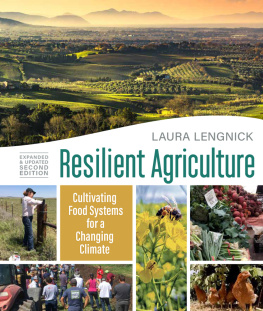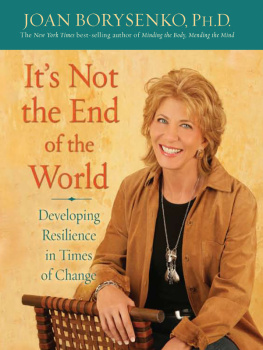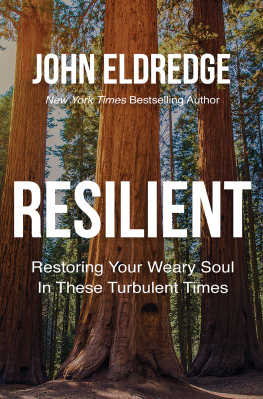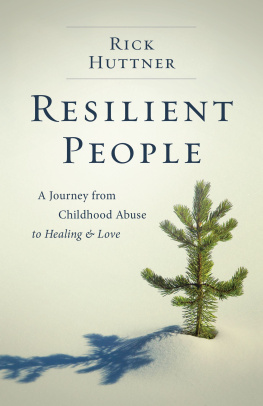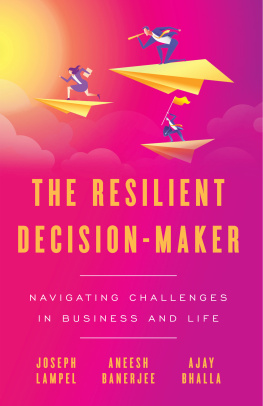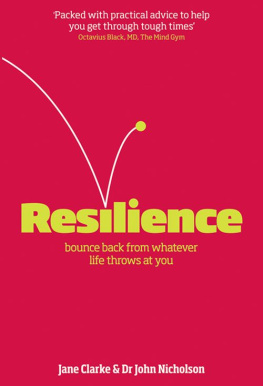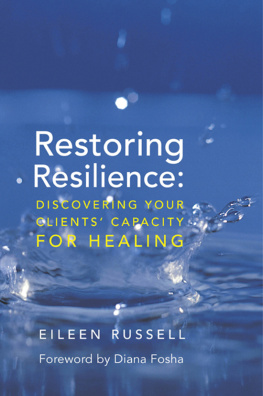Morley D. Glicken - Learning from Resilient People: Lessons We Can Apply to Counseling and Psychotherapy
Here you can read online Morley D. Glicken - Learning from Resilient People: Lessons We Can Apply to Counseling and Psychotherapy full text of the book (entire story) in english for free. Download pdf and epub, get meaning, cover and reviews about this ebook. year: 2006, publisher: SAGE Publications, genre: Politics. Description of the work, (preface) as well as reviews are available. Best literature library LitArk.com created for fans of good reading and offers a wide selection of genres:
Romance novel
Science fiction
Adventure
Detective
Science
History
Home and family
Prose
Art
Politics
Computer
Non-fiction
Religion
Business
Children
Humor
Choose a favorite category and find really read worthwhile books. Enjoy immersion in the world of imagination, feel the emotions of the characters or learn something new for yourself, make an fascinating discovery.

- Book:Learning from Resilient People: Lessons We Can Apply to Counseling and Psychotherapy
- Author:
- Publisher:SAGE Publications
- Genre:
- Year:2006
- Rating:5 / 5
- Favourites:Add to favourites
- Your mark:
Learning from Resilient People: Lessons We Can Apply to Counseling and Psychotherapy: summary, description and annotation
We offer to read an annotation, description, summary or preface (depends on what the author of the book "Learning from Resilient People: Lessons We Can Apply to Counseling and Psychotherapy" wrote himself). If you haven't found the necessary information about the book — write in the comments, we will try to find it.
Key Features:
- Presents Current Research on Resilience: The most current data is provided on a variety of common physical, social, and emotional problems experienced by people and the way in which resilient people cope with those problems. In addition, an entire chapter summarizes what we know about resilience and how it can be applied to clinical practice.
- Provides Engaging Case Examples: Wonderful and honestly written stories from resilient people about how they cope so well with their traumas illustrate how therapy using resilience can work. From this perspective, therapy draws from strength rather than deficit or psychopathology. There is also a chapter on resilient communities, not often discussed in literature, which supports the idea that communities can help people increase their resilience.
- Examines Resilience Across the Life Cycle: The meaning and definitions of resilience is discussed as well as how it functions throughout the life cycle and through multiple life events. This book also clarifies the erroneous notion that resilient people are endlessly resilient and helps recognize resilience as an actual and real attribute, and not one that makes people seem super human.
Intended Audience: This is an ideal textbook for undergraduate and graduate courses in Psychology, Counseling, Social Work, Psychiatric Nursing, Marriage and Family Counseling, and Criminal Justice that teach direct practice techniques, approaches, and theories. It is also a valuable resource for practitioners, administrators, teachers, mental health workers, and family service agencies.?
Morley D. Glicken: author's other books
Who wrote Learning from Resilient People: Lessons We Can Apply to Counseling and Psychotherapy? Find out the surname, the name of the author of the book and a list of all author's works by series.

